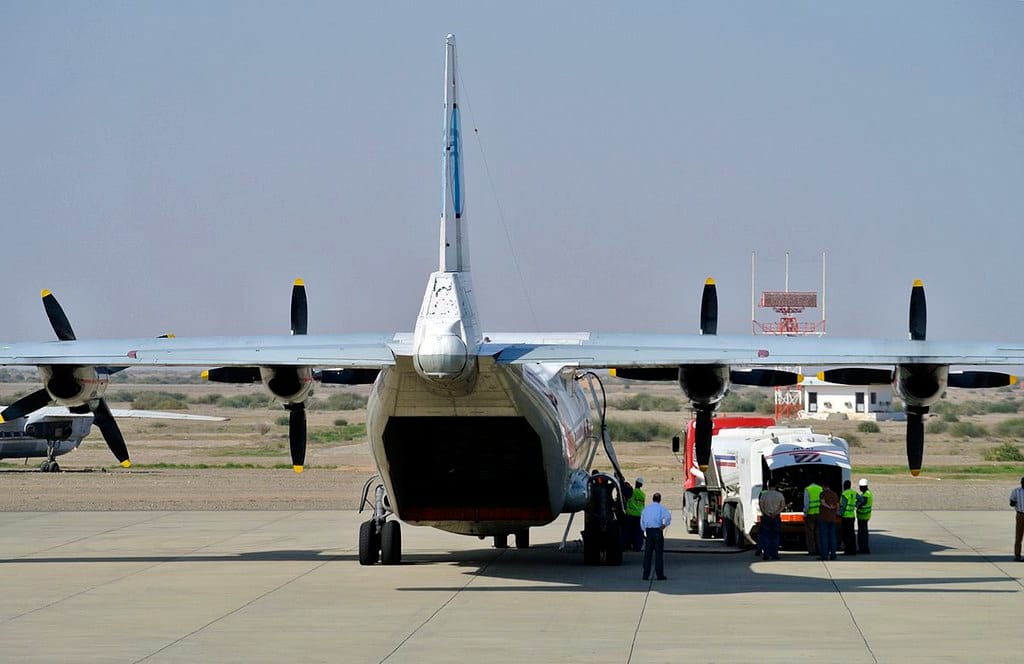Russia’s Expanding Military and Economic Influence in Africa: A Strategic Push for Power and Resources

Introduction
Russia’s engagement in Africa has intensified dramatically in recent years, marked by a strategic blend of military deployments, economic investments, and diplomatic overtures. As of 2025, Moscow is advancing plans to establish a naval base in Sudan, expand its network of embassies, and deepen security partnerships with authoritarian regimes across the Sahel. These efforts reflect Russia’s ambition to fill geopolitical vacuums left by retreating Western powers, counter China’s growing influence, and secure access to critical resources. This report examines the drivers, mechanisms, and implications of Russia’s multifaceted campaign in Africa.
I. Military Expansion: Bases, Mercenaries, and Arms Sales
1. Naval Base in Sudan: Gateway to the Red Sea
In February 2025, Sudan and Russia finalized an agreement to establish a naval logistics base near Port Sudan, granting Moscow a strategic foothold on the Red Sea-a vital corridor for global trade. Key details include:
- Scope: The base will host up to 300 Russian personnel and four naval vessels, including nuclear-powered ships, with a 25-year lease.
- Strategic Value: The Red Sea controls access to the Suez Canal, linking Europe, Asia, and Africa. Russia’s presence here counters Western naval dominance and compensates for the loss of its Syrian port after Bashar al-Assad’s ouster.
- Challenges: Sudan’s ongoing civil war between the army and Rapid Support Forces (RSF) risks destabilizing the project. The U.S. has warned of “serious consequences,” while internal Sudanese opposition and logistical hurdles persist.
2. Private Military Companies (PMCs) and the Africa Corps
Russia’s military footprint is bolstered by PMCs like the Wagner Group, now rebranded as the Africa Corps under Kremlin control. Their activities include:
- Sahel Operations: In Mali, Burkina Faso, and Niger, Russia provides counterterrorism support, trains local forces, and secures mineral-rich areas. Mali received Sukhoi Su-25 jets and Mi-8 helicopters in 2023, enhancing its air capabilities against jihadist groups.
- Regime Support: PMCs back military juntas that seized power in coups, offering security in exchange for resource access. For example, Mali granted Russian firms mining rights to gold reserves, while Niger terminated French military agreements in favor of Russian partnerships.
3. Arms Dominance and Military Cooperation
Russia remains Africa’s top arms supplier, accounting for 40% of continental imports from 2018–2022. Recent developments include:
- Advanced Sales: Algeria, Russia’s largest African client, purchased 14 Su-57 stealth fighters in 2025, while Sudan seeks Su-30/35 jets.
- Training and Infrastructure: Russia has signed military cooperation agreements with 43 African nations since 2015, including joint exercises and intelligence sharing.
II. Economic Inroads: Resources, Debt Relief, and Investment
1. Resource-for-Security Deals
Russia leverages debt relief and arms sales to secure access to Africa’s resources:
- Algeria: A 2006 deal canceled $4.7 billion in Algerian debt in exchange for $7.5 billion in arms.
- Libya: A 2008 agreement waived $4.6 billion in debt for $4 billion in weapons contracts.
2. Investment Fund and Trade Partnerships
In 2025, Russia launched a state-backed investment fund targeting energy, transport, and mining sectors. Highlights include:
- 2023 Russia-Africa Summit: Rosoboronexport, Russia’s arms exporter, signed $4.5 billion in contracts, including uranium deals with Niger and oil infrastructure projects in Libya.
- Multipolar Alliances: Collaboration with Iran on Niger’s uranium and China’s Belt and Road Initiative (BRI) underscores a coordinated push to counter Western economic dominance.
3. Challenges and Sanctions
Western sanctions over Ukraine have strained Russia’s arms exports, but African demand persists. Countries like Mali and Burkina Faso, isolated by Western censure, turn to Russia for affordable, no-strings-attached military hardware.
III. Diplomatic Offensive: Embassies, Summits, and Soft Power
1. Embassy Expansion
Russia plans to open seven new embassies in Africa by 2026 (Gambia, Liberia, Comoros, Niger, Sierra Leone, Togo, South Sudan), focusing on regions where Western influence is waning. This follows the 2023 reopening of embassies in Burkina Faso and Equatorial Guinea.
2. Summits and Regional Blocs
- 2023 Russia-Africa Summit: Attended by 17 African leaders, the event solidified security and economic ties. The Alliance of Sahel States (AES)-Mali, Burkina Faso, Niger-emerged as a key partner, with Russia pledging to arm a 5,000-strong joint counterterrorism force.
- Anti-Western Narratives: Russian state media and diplomatic channels amplify grievances against former colonial powers, framing Moscow as a decolonizing ally.
3. Cultural and Political Outreach
- Education: Russia offers scholarships to African students, fostering long-term ideological alignment.
- Election Interference: Reports suggest Russian disinformation campaigns bolster authoritarian leaders, undermining democratic processes.
IV. Countering China and the West: A Multipolar Africa
1. Divergence from China’s Model
Unlike China’s BRI infrastructure investments, Russia prioritizes low-cost, high-impact security partnerships. However, Sino-Russian collaboration is growing, particularly in mineral extraction and countering Western sanctions.
2. Eclipsing Western Influence
- Sahel Exit: France’s withdrawal from Mali and Burkina Faso, coupled with the U.S. shift to coastal West Africa, has created vacuums filled by Russian PMCs.
- Diplomatic Isolation: The AES states and others now vote pro-Russia in international forums, such as UN resolutions on Ukraine.
V. Challenges and Risks
1. Internal Instability
- Sudan’s Civil War: The Port Sudan base’s viability hinges on the army’s ability to defeat the RSF, which receives Emirati support.
- Sahelian Coups: Russia’s junta partners face domestic unrest and jihadist threats, risking mission creep for Moscow.
2. Resource Overstretch
Russia’s military losses in Ukraine limit its capacity to sustain African deployments. The Africa Corps, while active, operates with fewer resources than Wagner’s peak.
3. International Backlash
The U.S. and EU are ramping up countermeasures, including sanctions on African entities collaborating with Russia and support for democratic movements.
Conclusion
Russia’s African surge reflects a calculated strategy to project global power, secure resources, and challenge Western hegemony. By blending military pragmatism with diplomatic persuasion, Moscow has entrenched itself in strategic hotspots like the Sahel and Red Sea. However, overreliance on unstable regimes, economic constraints, and Great Power competition pose significant risks. As Africa becomes a battleground for 21st-century influence, the continent’s stability and sovereignty hang in the balance.




